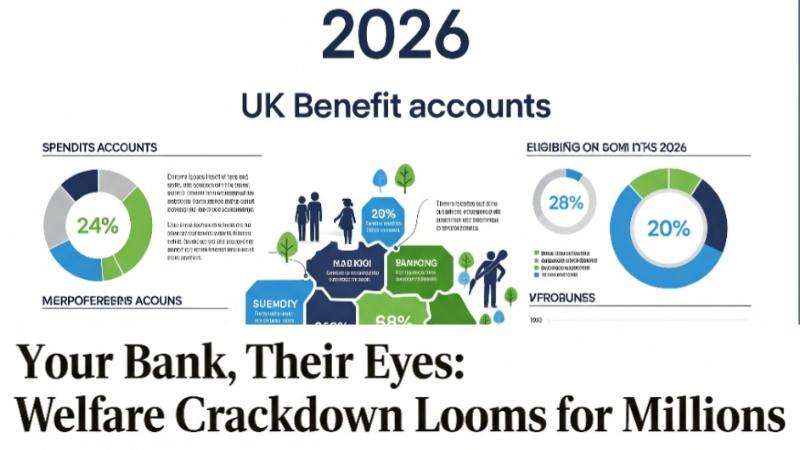The government has confirmed that a number of management and specialist roles will soon be taken off the UK Skilled Worker visa list, even as hospitality businesses continue to face staff shortages.
Ministers first signalled the change in March, saying they would raise the visa’s minimum skill requirement—measured under the Regulated Qualifications Framework—from level 3 (A‑level equivalent) to level 6 (degree level). This reverses post‑Brexit rules that were meant to make recruitment easier.
Under the new threshold, chefs, pub managers and bakers will no longer qualify. If Parliament signs off, the revised rules will take effect on 22 July, leaving employers with only a brief window to prepare.
Which roles will no longer be eligible for the UK Skilled Worker visa?
The full government statement, published on Tuesday, lists 180 professional roles that are expected to be locked out of the Skilled Worker visa later this month. The hospitality roles set to lose access to the scheme are:
- Chefs
- Bakers
- Café managers
- Restaurant managers
- Takeaway managers
- Catering managers
- Hotel and accommodation managers
- Bar managers
- Pub managers
Approximately 60 occupations in high-demand industries will be transferred to a Temporary Shortage list. Roles such as logistics managers and business sales executives will remain eligible for the Skilled Worker visa until the end of April 2026. However, no hospitality positions are included.
As a result, more than 100 job roles will become ineligible for overseas recruitment. Only applicants who begin their visa process before 22 July 2025 will still be eligible for sponsorship.
Skilled Worker Minimum Salary Set to Rise from April
This week, alongside revealing which roles will be removed from the Skilled Occupation list, the government also confirmed an increase in the minimum salary requirement for Skilled Worker visa sponsorship. From April, the general salary threshold will rise from £38,700 to £41,700.
For existing Skilled Worker visa holders—regardless of whether their job becomes ineligible in July—the salary threshold will also go up, from £29,000 to £31,300.
This means hospitality staff, such as chefs and pub managers already working in the UK under this visa, will need to meet the new salary requirement if they want to renew or modify their visa. These adjusted, lower thresholds will remain in place until April 2030.
Many employers have already invested heavily in recruiting and training these workers, so raising salaries may still be cheaper than hiring replacements. However, the increase comes at a time when businesses are already grappling with razor-thin profit margins.
A “Complete Reset” in Immigration Policy
Post-Brexit, overseas recruitment has been vital for the hospitality industry, which has struggled to attract enough domestic workers. But with migration numbers continuing to climb, the government is taking steps to sharply reduce reliance on foreign labour.
Unveiling the new immigration white paper, Home Secretary Yvette Cooper stated: “We are delivering a complete reset of our immigration system to restore proper control and order, after the previous government allowed net migration to quadruple in four years.”
The government also plans to increase the cost for companies to sponsor international workers and tighten English language requirements for applicants.
For hospitality businesses already facing steep cost hikes introduced this April, these changes could be devastating.
In 2024, an estimated 63% of hospitality roles in London were filled by non-UK nationals—the highest rate of any sector-region combination in the country. Occupations like chefs, pastry cooks, bakers, and waiters remain among the most sought after.
In May, the government encouraged businesses to take part in the Sector-based Work Academy Programme (SWAP), which aims to deliver 100,000 work placements in hospitality. But with drastic Skilled Worker visa reforms just weeks away, many in the industry see it as a temporary fix for a much deeper crisis.







.svg)


